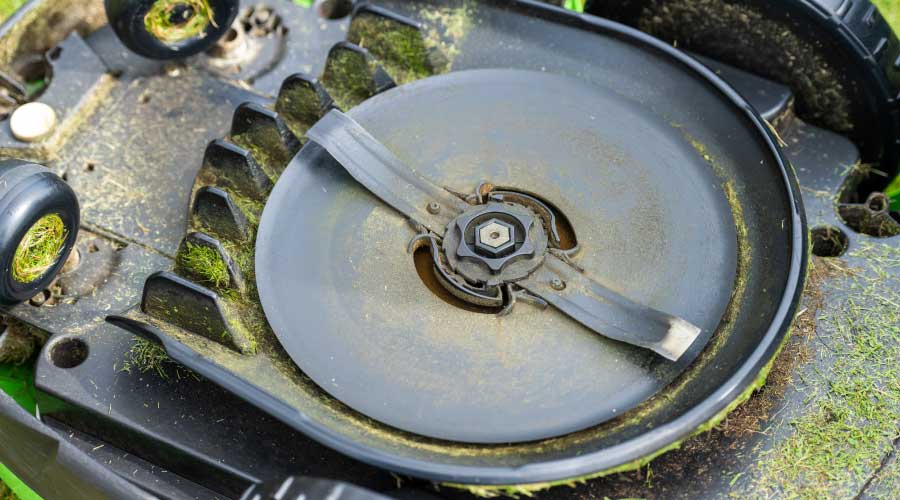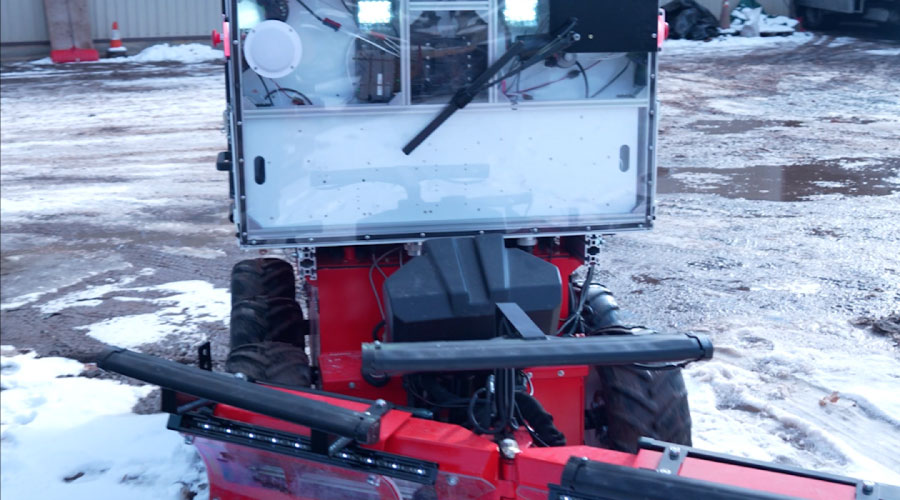Propane Mowers: Cleaner Emissions, Less Spills
Besides the fuel savings and cleaner emissions, propane mowers can offer several other advantages to managers and their organizations.
They can eliminate spills. Landscape equipment users accidentally spill millions of gallons of fuel each year while refilling their cans or equipment, according to estimates. Gasoline, in addition to being a heavy post-burn pollutant, presents spill and evaporation hazards.
Propane is a gas in its uncompressed state but is stored as a liquid. Closed storage and delivery systems, which store propane in its liquid state, prevent leaking and evaporative emissions. As a result, they effectively remove spill hazards from the situation.
In the event a leak occurs, propane vaporizes and dissipates into the air. As a non-toxic gas, propane offers minimal impact on the environment. Pre-filled propane tanks also eliminate the possibility of contamination of skin or clothing with benzene and other carcinogens gasoline contains.
Propane-powered mowers also can help managers hold down maintenance costs. Tests have shown oil, oil filters, spark plugs, carburetors, and engines in propane-powered equipment last up to three times longer than their counterparts in gasoline-powered units. A propane mower also requires fewer tune-ups during its performance life.
Managers also can worry less about fuel supplies. The idea of switching to a seemingly new, less-established fuel such as bio-diesel or ethanol might prompt worries that no existing supply infrastructure exists. By comparison, propane boasts a well-established delivery infrastructure.
Managers also can easily secure a supply of propane for a mower fleet through either the delivery of a bulk tank that is regularly filled by a supplier or the delivery of pre-filled cylinders as needed.
Propane also is approved under the National Energy Policy Act of 1992 for use by federal and state fleets as an alternative fuel, it has an octane rating of 104, and it allows for a higher compression ratio. So a propane-powered engine can run as powerfully and more efficiently than an engine powered by gasoline, which has an octane ratio between 87 and 93.
To improve the safety of delivery and storage systems, manufacturers have improved propane cylinders based on experience. Early applications used cylinders designed for use on forklifts, which often do not travel over rough terrain that can create fuel-delivery problems and frozen lines.
Propane storage also offers safety advantages. Cylinders now used on mowers are engineered to be rugged and more effectively regulate the flow of propane, even on rough terrain. And storage tanks are safer to locate near a facility because they have been rated up to 20 times more puncture-resistant than gasoline tanks.
Making environmentally sound choices that also address operational needs is fast becoming more important for managers. Facility occupants and visitors demand it, and even equipment operators feel better about working for organizations that pay attention to sustainability concerns.
By adopting propane and other low-carbon energy sources, managers can help reduce greenhouse-gas emissions, improve air quality, and cut energy costs. Propane-powered mowers can help meet these challenges. Propane mowers' optimal performance, reduced fuel costs, and minimal environmental impact offer managers equipment options that address a host of needs at one time.
The Propane Education and Research Council provided information for this article.
Related Topics:













